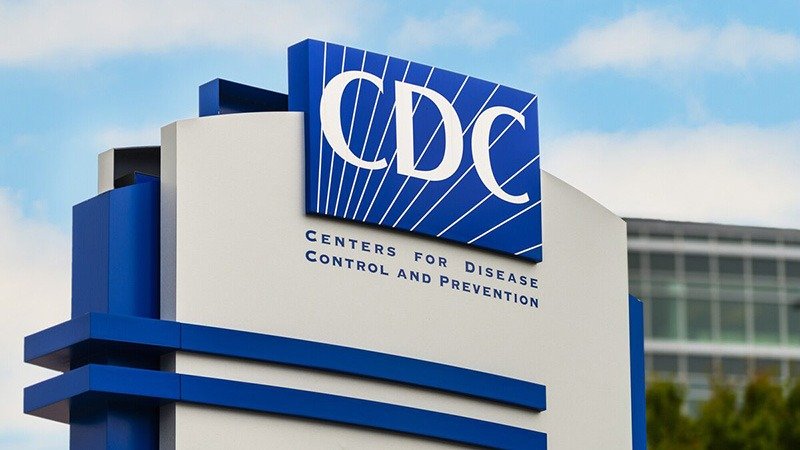The Centers for Disease Control and Prevention (CDC) has made a significant shift in its Vessel Sanitation Program by dismissing its civilian staff. This change raises concerns about the future effectiveness of health inspections for cruise ships, a sector that has already faced scrutiny due to rising gastrointestinal illnesses.
While the program remains operational through the support of U.S. Public Health Service officers, industry experts express apprehension about the implications of these staffing cuts. The reduction in personnel could hinder the thoroughness and frequency of health inspections on cruise ships, which are crucial for ensuring passenger safety and maintaining public health standards.
The rise in gastrointestinal illnesses on cruise ships has prompted calls for more robust health protocols. With the CDC’s decision to let go of civilian employees, there are questions about how effectively the Vessel Sanitation Program can combat these health issues. The industry’s track record has shown that cruise ships are often centers for outbreaks, leading to significant public concern.
Cruise industry stakeholders emphasize the importance of rigorous health inspections and support the need for continual oversight to mitigate health risks. As the situation evolves, it remains to be seen how the program will adapt without its dedicated civilian staff.
For those looking to stay informed about the implications of these changes on cruise health regulations, further details can be found in the full story here.
The future of the Vessel Sanitation Program is uncertain, but industry experts and health officials agree that effective oversight is vital in maintaining safe cruise ship operations. As the landscape evolves, continuous monitoring and potential staffing adjustments may be necessary to ensure public health remains a priority.


